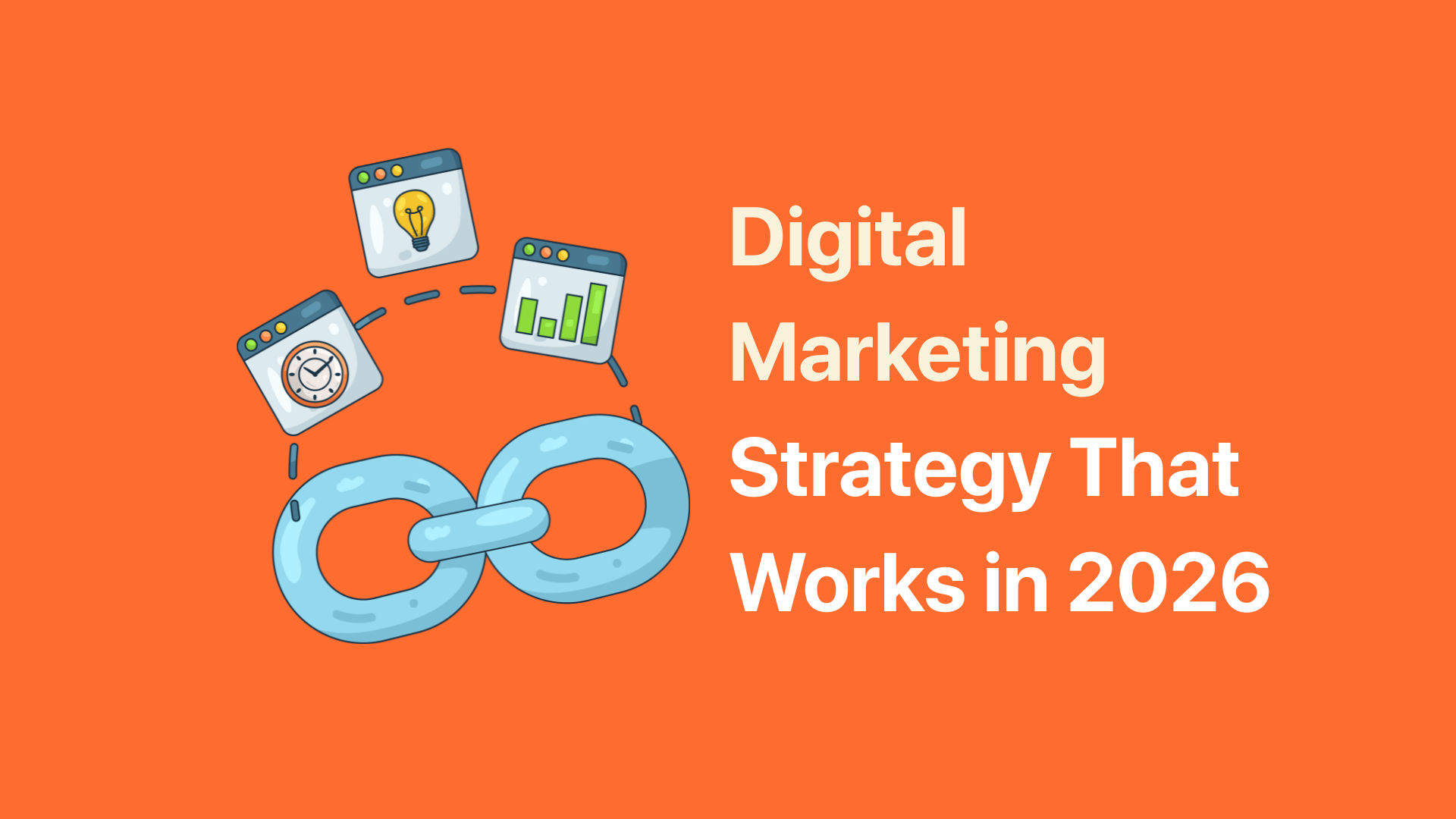Why Modern Approaches to Lead Generation Outperform Old-School Trading Tactics
In the fast-paced world of the trading industry, staying ahead of competitive forces requires innovative strategies, particularly when it comes to lead generation.
Traditional methods, such as cold calling and mass email campaigns, are becoming less and less effective. You are likely familiar with these conventional tactics, which have saturated the market to the point where they are often ignored by the very prospects you are trying to attract.
Your lead generation efforts must evolve to stay relevant and effective.
The utilization of chatbots, for instance, offers a modern approach to lead generation that can significantly enhance your trading business. These advanced tools can interact with potential clients in real time, providing personalized responses and gathering key information that can help tailor your services to their needs.
Understanding that today's consumers are more autonomous and informed than ever before makes tapping into modern lead-generation strategies even more vital. To increase the volume of your leads, as well as maintain lead quantity and quality, you need to integrate innovative practices into your wider strategy.
The Evolution of Lead Generation in the Trading Industry
Lead generation within the trading industry has undergone a considerable transformation, shifting from reliance on traditional methods to leveraging digital solutions and advanced technologies.
From Traditional Networking to Digital Outreach
Previously, your lead generation efforts would have centered around cold calling and face-to-face networking.
Today, the advent of digital platforms allows for a far-reaching online presence, making it easier to connect with potential clients.
In the trading industry, digital outreach includes the strategic use of content marketing, social media campaigns, and email marketing, all aimed at delivering carefully tailored messages to attract and engage potential leads.
Adoption of Data Analytics and AI Technologies
Incorporating data analytics and artificial intelligence (AI) has fundamentally altered how leads are generated in the trading industry. These technologies enable the processing of vast amounts of market data to identify potential opportunities and trends. For instance, AI-powered tools can optimize your trading by delivering alerts tailored to your investment preferences.
Furthermore, predictive analytics can foresee shifts in market demands, improving the timeliness and relevance of your lead-generation activities.
Strategies for Modern Lead Generation
In trading, staying abreast with contemporary lead generation methodologies is as vital as understanding market trends.
Leveraging Social Media Marketing
Social media is a dynamic tool for traders to increase visibility and draw in prospects. By engaging with your audience on platforms like LinkedIn, Twitter, and Facebook, you can create personalized experiences that resonate with potential clients.
The flow of consistent interaction and sharing of valuable insights on market trends can position you as a thought leader, making social media marketing pivotal for lead generation in the trading industry.
The Power of Content Marketing
Content marketing involves creating articles, videos, and infographics that provide relevant and valuable content to your target audience.
In the context of trading, this could be a detailed analysis of market movements or educational content on trading strategies. The key is to ensure your content is relevant and addresses specific needs or questions that traders have, making content both a resource and a lead magnet.
Email Marketing and Segmentation Techniques
Email marketing remains a powerful tool for personalizing communication and nurturing leads through tailored content.
Utilizing segmentation techniques allows you to send relevant information to subsets of your audience based on their behavior, preferences, and previous interactions with your brand.
For traders, receiving insightful newsletters and market forecasts tailored to their interests increases the value of your emails, facilitating lead conversion through email marketing.
Improving Lead Quality through Innovation
By harnessing the power of technology and creative methods, companies can better identify and nurture potential customers, greatly increasing the likelihood of conversion.
Automated Lead Nurturing and Scoring
Automating the lead nurturing process ensures consistent engagement with potential customers. Solutions like CRM systems can track customer activities, providing insights that help you score leads based on their behavior and likelihood to convert. Automation enables you to deliver timely and relevant content to nurture leads efficiently.
For instance, if a lead has interacted with a webinar related to high-frequency trading, they could automatically receive tailored content delving deeper into this topic, showing your understanding of their interests and increasing lead quality.
Engaging with Customers Using Webinars and Events
Webinars and industry-specific events have proven to be effective for engaging directly with traders. They not only help in showcasing your expertise but also provide a platform for interactive learning and networking.
Bear in mind that potential customers who take the time to attend such events are often more invested and, therefore, likely to be high-quality leads.
One innovative way to enhance these digital interactions is through the use of virtual business cards, which allow you to seamlessly share your contact details with attendees, making networking more efficient and memorable. By leveraging these and other innovative forms of digital interaction, you elevate the customer experience and foster a stronger connection.
Remember, the goal is to transition from traditional methods to more dynamic, data-driven approaches. This shift can greatly impact the quality of your leads and the success of your trading business.
Measuring Success and Refining Techniques
Accurately measuring success and fine-tuning your approach is critical for outpacing traditional methodologies. It's not enough to just gather leads; it's essential to determine the value they bring to your business and to adapt to the market's fluctuations.
ROI Analysis of Lead Generation Efforts
Return on Investment (ROI) is a crucial indicator of the effectiveness of your lead generation campaigns. To conduct an ROI analysis, start by calculating the cost of your lead generation efforts. Then assess the revenue these efforts generate, specifically focusing on quality leads that convert into clients. The goal is to identify which strategies yield the highest quality leads at the lowest costs, allowing for informed decisions on where to allocate resources. Key performance indicators (KPIs) to track include:
a. Cost per Lead: Total costs divided by the number of leads.
b. Lead-to-Customer Ratio: Number of leads divided by the number of new customers.
Continuous Learning and Adapting to Market Changes
You must commit to continuous learning and stay abreast of industry trends to maintain a competitive edge. Monitor the market for shifts in demand, and emerging technologies, and remember to analyze competitor strategies and how they relate to customer behavior.
Adaptation to these changes is paramount. Your ability to pivot and refine techniques should reflect a sophisticated understanding of the market. This can involve:
a. Experimenting with new channels for lead acquisition.
b. Enhancing lead scoring models to better prioritize potential clients.
c. Integrating feedback from unsuccessful campaigns to refine future efforts.
Employing a data-driven approach to learn from successes and failures ensures that your lead-generation strategies remain robust and responsive to market dynamics.
Conclusion
You have seen that traditional methods can no longer keep pace with evolving market dynamics. By leveraging new technologies and approaches, your business is positioned to connect with prospects more effectively and efficiently.
Remember, the goal is to not only generate leads but also to cultivate valuable relationships that lead to sustainable business growth. The transition to modern lead generation strategies represents a progressive step towards realizing this goal.













